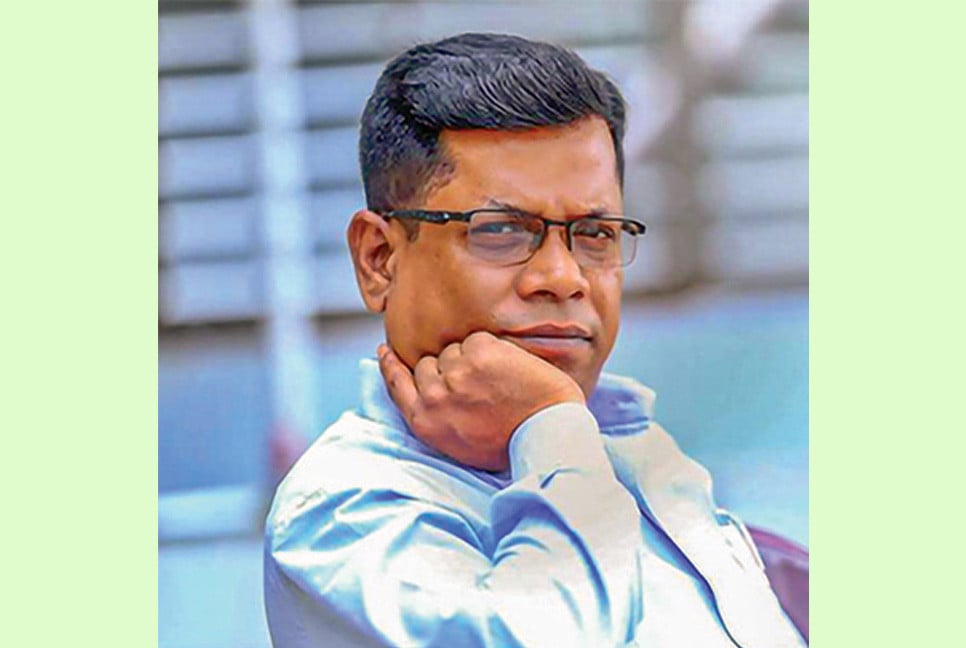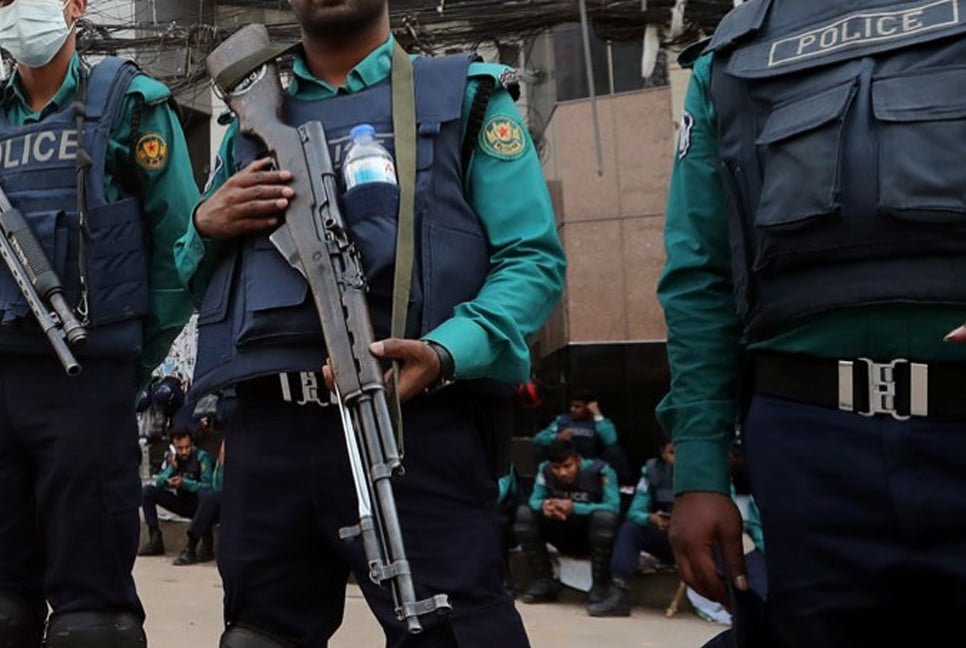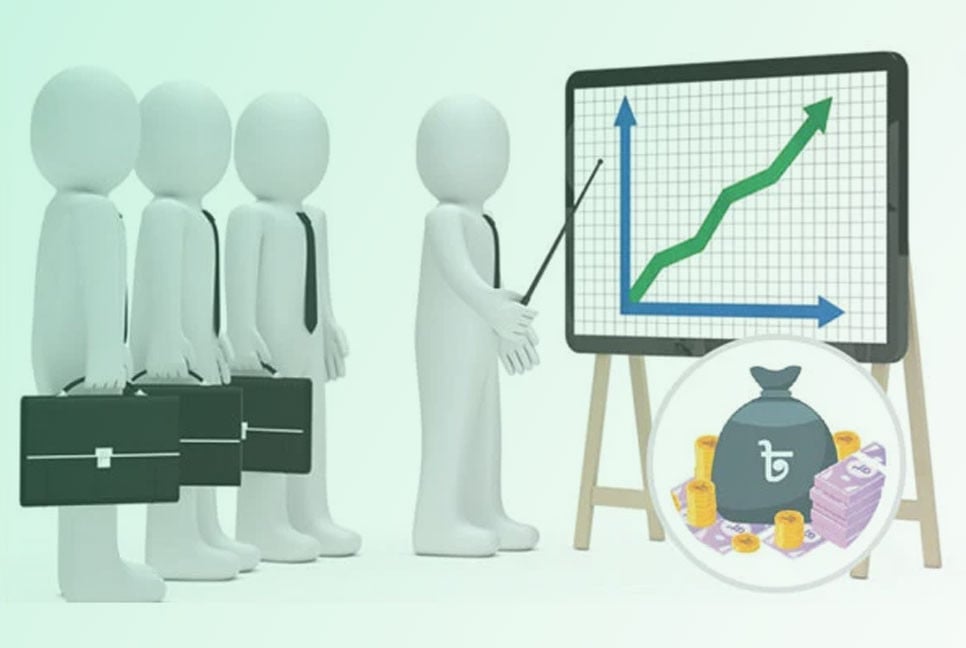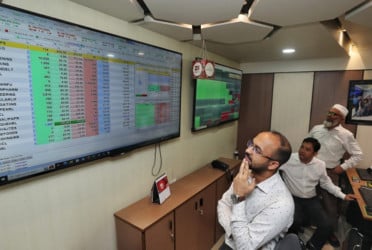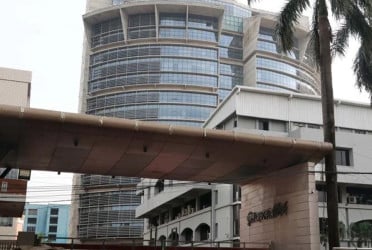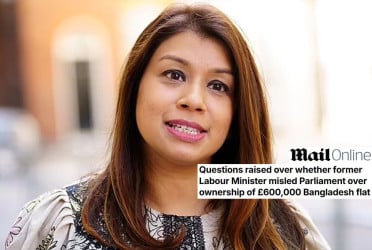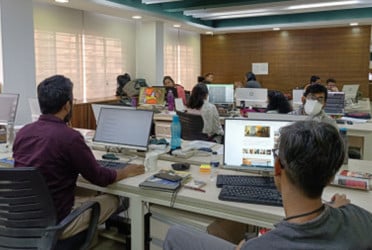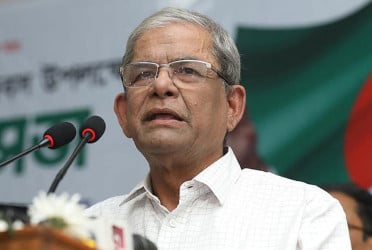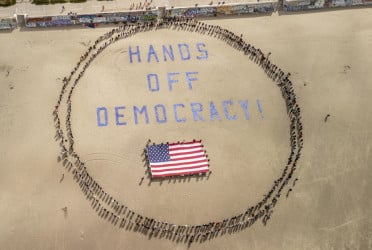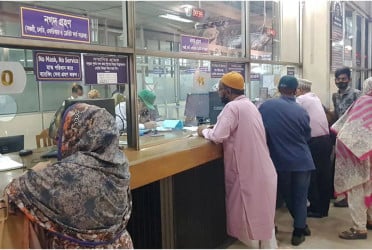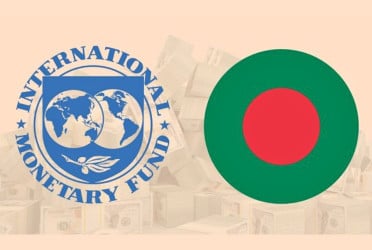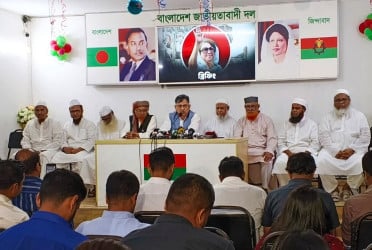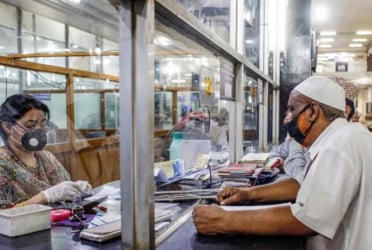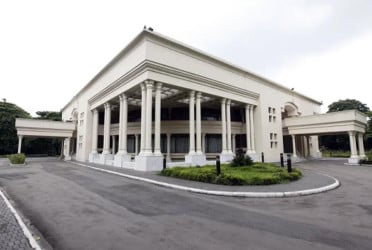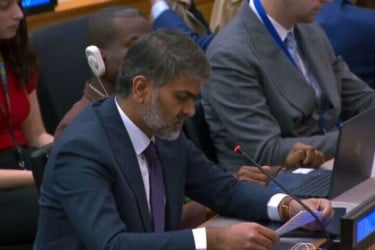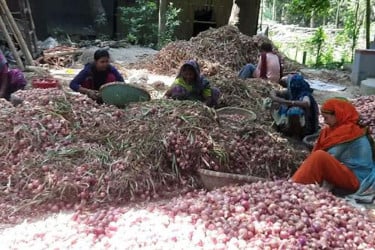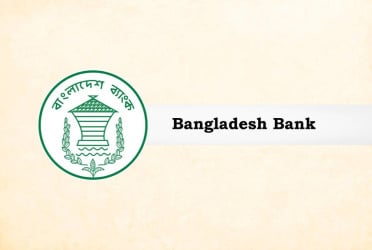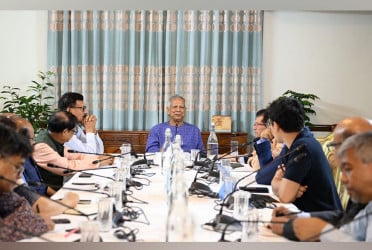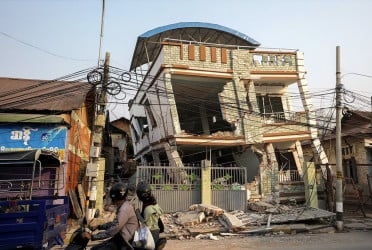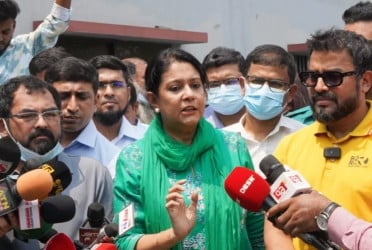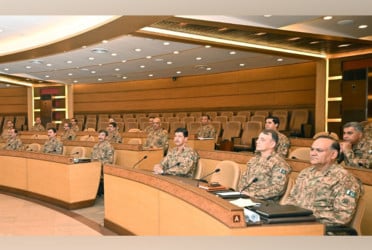Market instability, soaring inflation, widespread business struggles, and rising unemployment have significantly worsened the lives of ordinary citizens. Collaborative efforts between the public and private sectors to generate new job opportunities remain scarce. Entrepreneurs, both large and small, are increasingly reluctant to take risks. The stagnation in industrial investment has sapped the economy's vitality, hindering the creation of new employment opportunities. Elevated bank interest rates have further disrupted business plans, compounding anxieties over the political landscape. Rather than fostering collaboration, the gap between the government and the business community seems to be widening.
Although the interim government has taken steps to address these crises, the results have fallen short of expectations. Compounding existing challenges are emerging new ones. The targeting of the country’s top 10 business groups for recovering defaulted loans and laundered money has created additional turbulence. Reports of factory closures, both large and small, are becoming frequent. While smaller closures often go unreported, larger ones announce their shutdowns with notices at gates, citing "unavoidable circumstances," leaving employees devastated.
The policy of pressuring industries to recover funds, rather than employing strategic approaches, has spread panic across the industrial sector. This approach contradicts the government’s measures to rescue 10 struggling banks, such as printing 220 billion taka and injecting liquidity support of 73.5 billion taka. Yet these efforts to stabilize banks have yielded limited results. Simultaneously, targeting the top business groups for loan recovery has backfired, potentially weakening both the institutions and the economy. Employing "receivers" to oversee these groups has raised questions about legality and effectiveness, as such appointments require court approval.
Rather than creating conflict, efforts could have been made to recover funds through mutual understanding. Now, loan recovery remains uncertain while businesses face growing vulnerabilities. Addressing defaulted loans requires strategic and sensitive handling, particularly when millions of people are employed in these targeted groups.
The roots of the current crisis extend beyond borrowers. Corruption, nepotism, and collusion among bank directors, executives, and political influencers have worsened the situation. Mismanagement, political favoritism, and scandals have drained resources from banks, compounding their instability.
Under the Awami League government, loans granted through irregularities have increasingly become defaults. Medium and small entrepreneurs have been especially affected, with many closing their businesses. The impact is visible even in small shops and street vendors. The once-promising garment sector, a cornerstone of the economy, is plagued with labor unrest and declining buyer confidence. Export growth has stagnated, and political uncertainties have tarnished the country's image.
In developing nations, private sector competition helps maintain balance in supply and demand. However, many unresolved policy issues and past corruption have stifled growth. Despite boasting of development until their downfall, previous governments faced significant macroeconomic challenges, including inflation, balance of payments issues, and banking crises, which have only worsened. Import activity remains sluggish, while export potential is underutilized.
The current government faces rising political instability, deterring business and investment. Genuine entrepreneurs are struggling to sustain operations, pay wages, and preserve their reputations amidst these challenges. Dialogue and problem-solving initiatives between the interim government and businesses are sorely lacking, leaving many in a state of unease.
The collapse of prior understandings between businesses and the government has further complicated the situation, with no signs of new cooperation on the horizon. Restoring confidence and creating mutual understanding are critical for steering the economy toward stability.
The writer is a journalist and columnis

